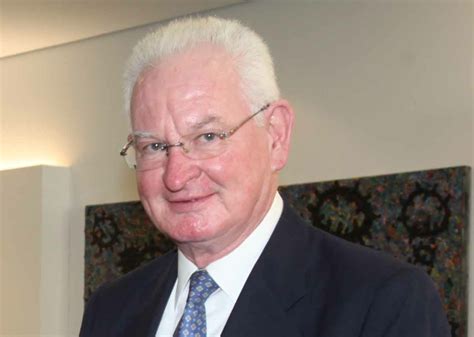A Quote by Zac Goldsmith
More than half the world's largest 100 economies are corporations. They have no loyalties to place or citizens.
Related Quotes
In the model that we grew up with, governments rule physical territory in which national economies function, and strong economies support hegemonic military power. In the new model, already emerging under our noses, economic decisions don't pay much attention to national sovereignty in a world where more than half of the one hundred or two hundred largest economic entities are not countries but companies.
The de industrialization of the US. economy based on the migration of corporations into third world areas where labor is very cheap and thus more profitable for these companies creates on the one hand conditions in those countries that encourage people to emigrate to the US. in search of a better life. On the other hand, it creates conditions here that send more black people into the alternative economies, the drug economies, women into economies in sexual services, and sends them into the prison industrial complex.
Indeed, as we begin the twenty-first century, the money and traditional economies are slowly destroying their own support system. Increasing demands of the two economies are surpassing the sustainable yields of the ecosystems that underpin them. For example, one-third of the world's cropland is losing topsoil at a rate that is undermining its long-term productivity, fully half of the world's rangeland is overgrazed and deteriorating into desert, and the world's forests have shrunk by about half since the dawn of agriculture and are continuing to shrink.
Women hold up more than half the sky and represent much of the world's unrealized potential. They are the educators. They raise the children. They hold families together and increasingly drive economies. They are natural leaders. We need their full engagement... in government, business and civil society.
...the mind is more powerful than any imaginable particle accelerator, more sensitive than any radio receiver or the largest optical telescope, more complete in its grasp of information than any computer: the human body- its organs, its voice, its powers of locomotion, and its imagination- is a more-than-sufficient means for the exploration of any place, time or energy level in the universe.


































